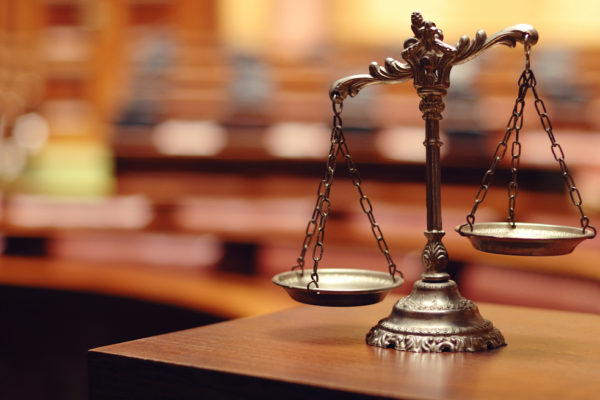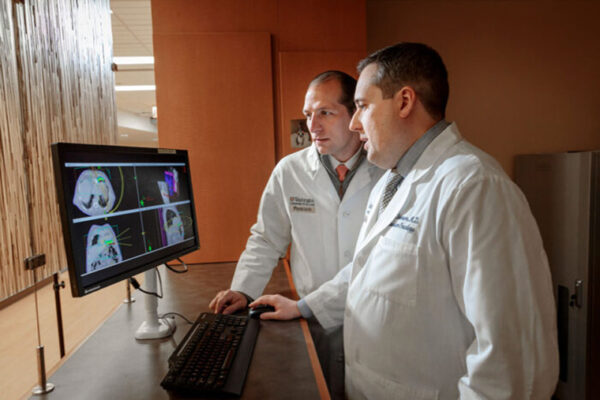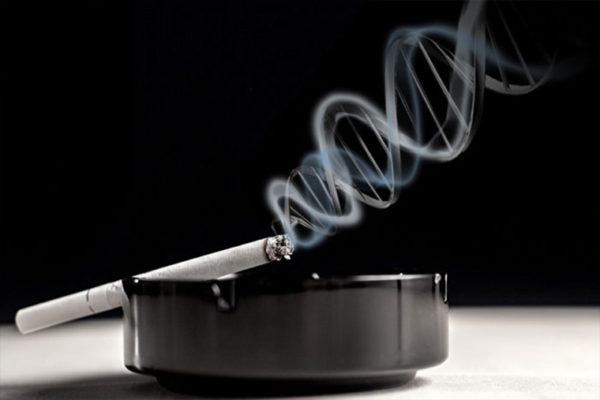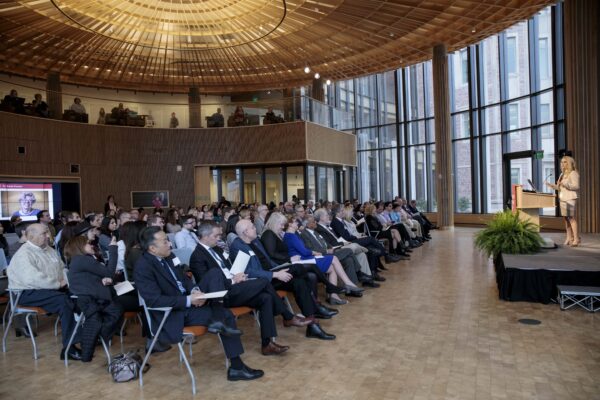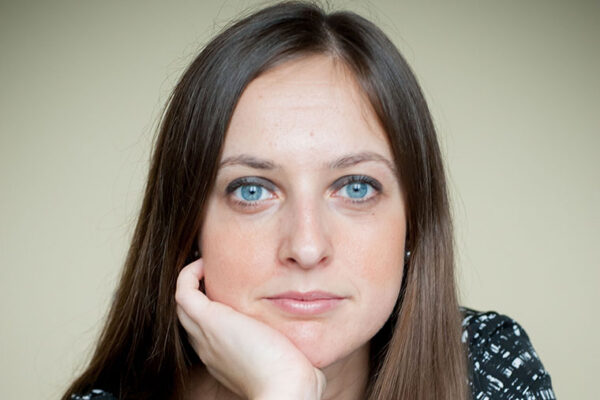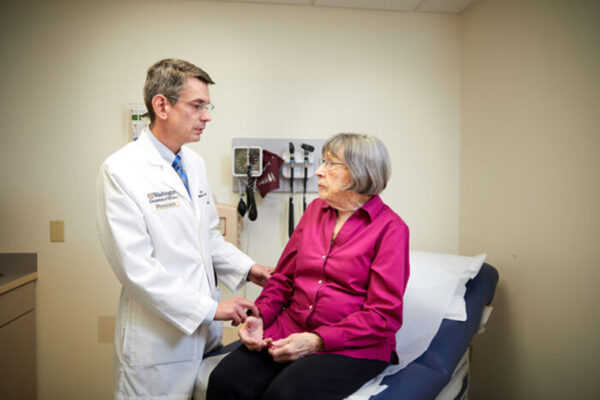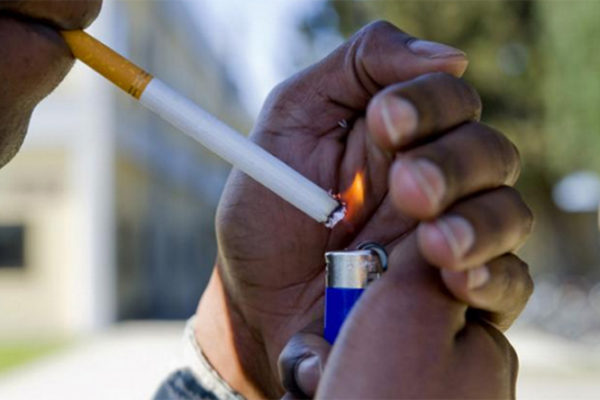Law speaker series features public interest law, policy advocates
The School of Law’s 22nd annual Public Interest Law & Policy Speakers Series fall lineup features leading lawyers, judges, academics and authors addressing high-profile issues such as free speech and racial justice.
Invite consumers to pop-up, and pop goes the spending — offline and online
Two Washington University in St. Louis researchers, along with a former fellow Olin Business School faculty member and Alibaba officials, flipped the pop-up business model, and possibly more. The co-authors found that inviting potential customers via text message could increase buying with both a pop-up shop retailer and similar product vendors online … for weeks and months to come.
Radiation therapy effective against deadly heart rhythm
A single high dose of radiation aimed at the heart significantly reduces episodes of a potentially deadly rapid heart rhythm, according to results of a phase one/two study at the School of Medicine.
Intervention in Uganda aims to stem HIV through economic empowerment for women
Nearly 1,000 women engaged in sex work in Uganda are being provided with savings accounts, financial literacy skills and vocational training in a study currently underway by researchers from the Brown School.
Brown School researchers begin low-income smoker study
Brown School researchers at Washington University in St. Louis have begun work on a five-year, $3.9 million study that tests an innovative approach to help low-income smokers quit: helping people establish rules banning smoking inside their homes.
Social Policy Institute launches at Washington University
The newly formed Social Policy Institute at Washington University in St. Louis will bring together the best research evidence from across disciplines to solve real-world challenges. The institute launches Sept. 24.
WashU Expert: Gig economy bill would have broad implications for American labor
Lawmakers in California have approved a bill that could pave the way for gig economy workers, such as Uber and Lyft drivers, to be reclassified as employees and not contract workers. If the bill becomes law, it will have broad implications for labor in America, says Pauline Kim, an employment law expert in the School of Law.
Virginia Tech shooting survivor to speak for Ready Week
Kristina Anderson, a survivor of the 2007 Virginia Tech shooting, will be the featured speaker for Ready Week, which will take place Sept. 16-20 and is organized by the Washington University in St. Louis Emergency Management Department. Ready Week will emphasize the importance of tuning in, learning more, looking around and taking action through interactive events and presentations.
$5 million grant endows research to advance blood disorder therapies
The School of Medicine has received a $5 million grant from the Edward P. Evans Foundation to establish and endow a new center focused on advancing research and improving treatments for a rare set of blood disorders called myelodysplastic syndromes, or MDS, that leaves the body unable to make enough healthy blood cells.
Menthol restrictions may hike cigarette costs, reduce health disparities
Restricting the sale of menthol cigarettes to tobacco specialty shops may reduce the number of retailers and increase the cost of smoking, according to new research from the Brown School at Washington University in St. Louis.
View More Stories
